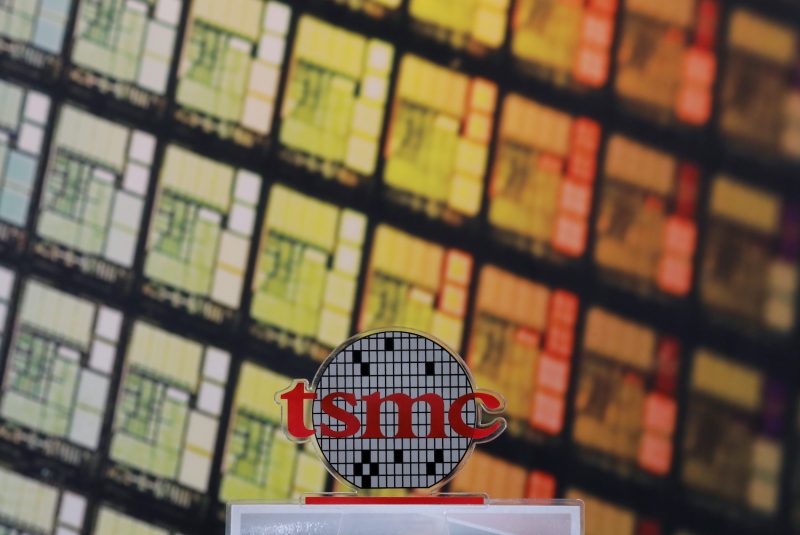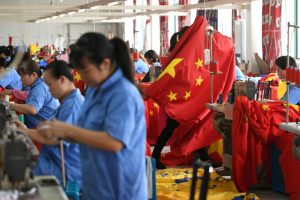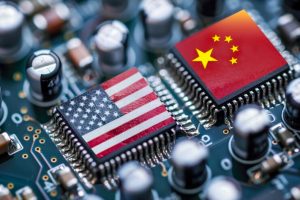The project will focus on cutting-edge 3D chip assembly, allowing creation of components that are more dense but still small
Japan’s government has signed a $338 million research deal with Taiwan Semiconductor Manufacturing Company (TSMC) to develop cutting-edge chip technology to boost Japan’s competitiveness.
The move comes as industry grapples with a global semiconductor shortage that has hampered the manufacturing of numerous products, particularly autos.
About 20 Japanese companies – including Asahi Kasei, Mitsui Chemicals and Sumitomo Chemical – will work with TSMC in the project, with the government paying half the costs.
The research will focus in particular on tech for 3D chip assembly, allowing the creation of components that are more dense but still small.
Construction will begin this summer on research facilities at the National Institute of Advanced Industrial Science and Technology in Tsukuba, near Tokyo, the Ministry of Economy, Trade and Industry said on Tuesday.
A pandemic-fuelled surge in demand for home electronics that use semiconductors has created a shortage of chips.
SEMICONDUCTOR SHORTAGE
Semiconductors are an essential part of modern tech from smartphones to games consoles and new cars, with the automotive industry one of the hardest hit by the shortage.
Global semiconductor shortages will cost carmakers 3.8 million units in lost production, or 5% of estimated annual sales in 2021, according to Fitch Ratings.
Despite the shortages, TSMC recorded upbeat first-quarter results with 17% year-on-year revenue growth driven by the uptake in cloud technology and the further adoption of 5G smartphones.
The company is forecasting 15% growth in 2021, while operating margins are expected to stay above 50%.
“As the largest independent manufacturer of tech chips in the world, standing three times as large as its nearest foundry competitor, TSMC provides the engine room of global technology,” Ben Barringer, equity research analyst at Quilter Cheviot, said.
With reporting by Agence France-Presse
























